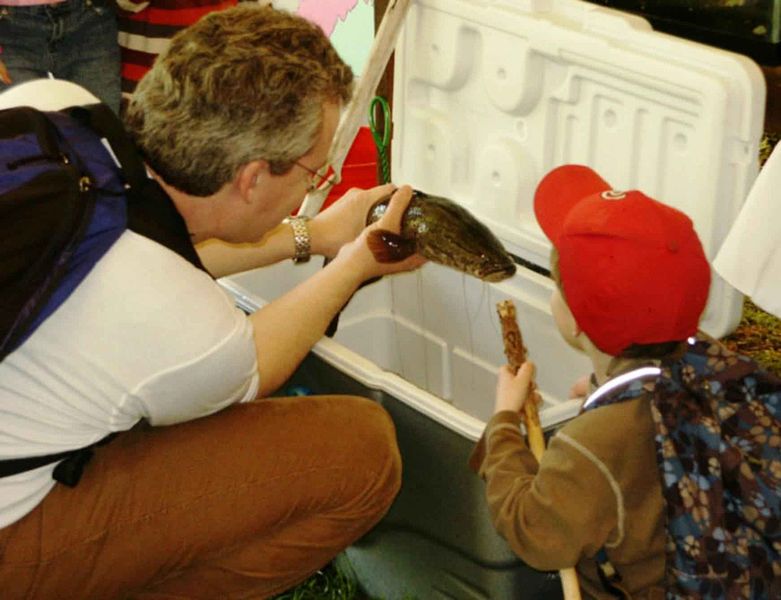
How does this happen?
Passing down the faith from one generation to the next is part of the father-son adventure. This happens through words and actions. It’s easy to focus solely on the words, to tell sons what Christians believe. This is important but perhaps more important than passing down the words is that fathers show their sons what they believe, passing down the actions, being the example. When fathers exemplify a living model of faith, their sons will take notice.
Fathers are an example of the faith to their sons and the father’s example impacts the son with or without the father’s intention. It’s important that fathers model a living faith and not simply hand down a system of ethics or principles to their sons. Observing the father is a part of a son’s transition into manhood. It is part of the son’s role in the father-son adventure even if he is unaware of this. Without a living example of faith, sons may begin to believe that the Christian faith is nothing more that a set of principles, rather than a living relationship with Jesus. Sure, ethics and principles are a part of the game but fathers need to be these things not just tell their sons about them.
If sons do not see faith modeled as an authentic relationship with the Savior, they will likely grow tired of trying to keep regulations or uphold a system of ethics they do not believe in or have context for. The son must see his father living an authentic manhood. This will give him the model to emulate as he begins his own journey of faith. Eventually, a son’s faith must become his own. When the son becomes an example for the next generation after him, the father-son-adventure cycle continues. At any rate, the father’s role is critical in this process.
How do fathers model an authentic faith for their sons?
Fathers do this by simply continuing on their path of faith, not because their sons are now watching them, but because men should be on their path regardless of whether or not they have sons. But having sons does change things. Where one was once a man living out his faith, now he is a father living out his faith. With a son watching, living an authentic faith is that much more critical because now it is an example to someone else.
Mike Haddorff, director of Christ in the Rockies, says that fathers sometimes get the idea that to model anything means to demonstrate perfection and that men do not generally want to model weakness. Haddorff references 2 Corinthians 12:9 and the Apostle Paul’s experience of power being perfected in weakness. “It is a marvelous discovery,” says Haddorff, “to finally come to the place where one realizes he no longer is required to ‘live up’ to a self-imposed standard, but rather ‘live out’ as a man simply trusting Christ for the rest.” Haddorff goes on to say that sons long to see their dads as they really are, not as the dads they think they ought to be.
What gets passed down?
In the long-term father-son adventure, if the father is living out his faith the son will see it. It’s not about being perfect. It’s about being authentic, being true. It’s the father’s example that gets passed down. Also, perhaps more importantly, the father’s love gets passed down, love no matter what the son chooses to believe. As an adult, the son will remember how the father loved him. And that is what makes the difference. Even if the father and son never agree on doctrine, love is what sticks and gets remembered in the end.

